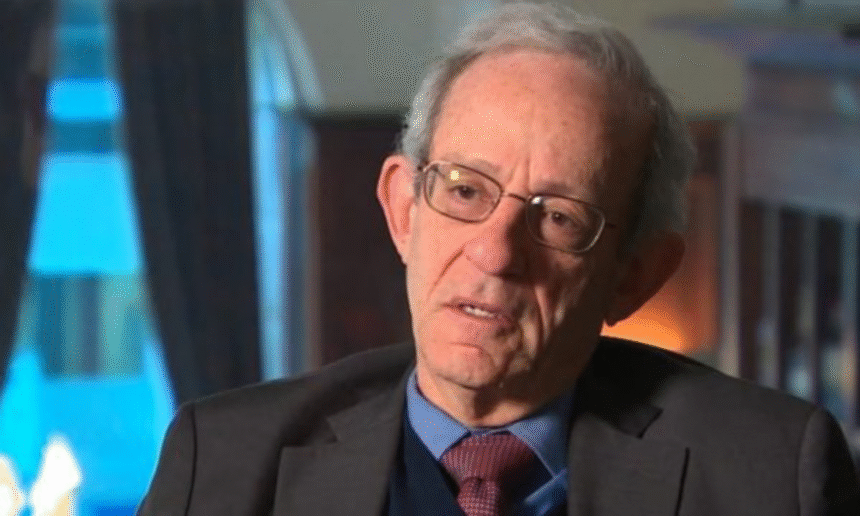American professor and Balkans expert Daniel Serwer has sharply criticized the Kosovo Specialist Chambers, describing it as “a court that has lost its way.” In a detailed blog post following his visit to former Kosovo President Hashim Thaçi in The Hague, Serwer outlined four key problems he sees with the court and its handling of cases against former Kosovo Liberation Army (KLA) leaders.
1. The Court’s Shift in Focus
Serwer stated that the court’s original purpose — investigating organ trafficking allegations — has been replaced by a much broader and unexpected scope.
“Like Kosovo’s Parliament, I believed the focus would be on alleged organ trafficking. Instead, it’s about ‘joint criminal enterprise,’ which was never the intent,” Serwer wrote.
2. Criminalizing the Struggle for Liberation
According to Serwer, indictments based on “joint criminal enterprise” and command responsibility against the entire KLA leadership create a false impression of criminalizing Kosovo’s liberation struggle.
“The charges give the sense that the court is treating the rebellion against Serbian oppression as a crime,” he noted.
3. Serbia’s Exclusion from Jurisdiction
Serwer criticized the court for excluding Serbian crimes from its jurisdiction. He mentioned the unresolved case of the Bytyqi brothers, three U.S. citizens killed in Serbia after the war.
“Had diplomats insisted that the tribunal also address Serbian crimes, perhaps we would have had a fairer tribunal — or none at all. I blame myself for not raising this issue earlier,” he admitted.
4. Prolonged Pre-Trial Detention
The final and most important issue, according to Serwer, is the length of detention for the former KLA leaders.
“The principle of ‘innocent until proven guilty’ should not be an empty slogan. These men resigned from their positions and went to The Hague voluntarily — something their Serbian counterparts never did. How can five years of high-security detention before a verdict be justified?” he questioned.
A Personal Reflection on Hashim Thaçi
Serwer also recalled his first encounters with Hashim Thaçi in 1999, during and after the Kosovo war. He described Thaçi as the U.S. favorite during the Rambouillet peace talks, though U.S. support faded after the war due to disagreements over local governance.
He shared an anecdote from a 1999 breakfast meeting at Lansdowne, Virginia:
“I joked that it must feel strange to be in a luxury resort after fighting in Kosovo’s mountains. Thaçi looked at his commander, frowned, and said: ‘I was never a fighter. I was the political spokesman.’ I believe he was under pressure to tell the truth,” Serwer wrote.
Background on the Trial
The trial of Hashim Thaçi, Kadri Veseli, Jakup Krasniqi, and Rexhep Selimi began in 2023, three years after their arrest. The defense recently called witnesses, including former U.S. and British diplomats, all of whom stated that Thaçi had no direct authority over KLA operations.
The Specialist Chambers are expected to conclude the trial by the end of December 2025. The four men face charges of war crimes and crimes against humanity, including unlawful detention, torture, murder, and persecution between March 1998 and September 1999.
All defendants have pleaded not guilty, and their lawyers argue that the indictment relies on selective misinterpretations and ignores the legitimacy of Kosovo’s liberation struggle.







